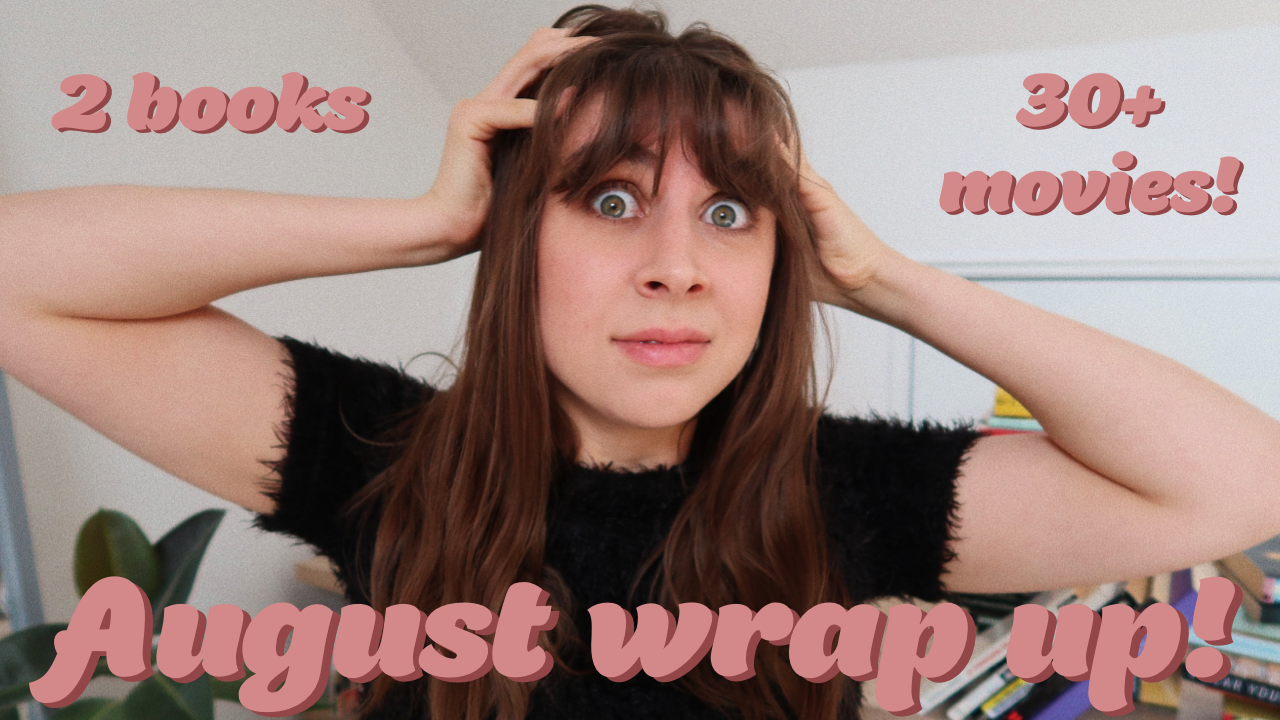Presented in a stark but beautiful monochrome palette, La Haine holds nothing back. The narrative explores a wealth of topics including race, masculinity, police brutality, poverty, the aimlessness of youth and societal expectations. In most cases, this would be too much material to cover coherently in a film; however, the simplicity of the 24h timeline makes it possible.
« C'est l'histoire d'un homme qui tombe d'un immeuble de 50 étages. Le mec, au fur et à mesure de sa chute, il se répète sans cesse pour se rassurer: Jusqu'ici tout va bien. Jusqu'ici tout va bien. Jusqu'ici tout va bien. Mais l'important, c'est pas la chute, c'est l'atterrissage. »
“Heard about the guy who fell off a skyscraper? On his way down past each floor, he kept saying to reassure himself: So far so good... so far so good... so far so good. How you fall doesn't matter. It's how you land!”
The story of the falling man is repeated throughout the film. This is an obvious metaphor for the three central characters and society as a whole (which Cassel’s character notes later on). It’s also interesting that graffiti and billboards have ironic messages throughout the film such as ‘L'avenir c'est nous’ (We are the future) and ‘Le Monde est à vous’ (The world is yours) which Saïd changes to ‘Le Monde est à nous’ (The World is ours). Escaping the poverty of the banlieues is impossible for these young men because society doesn’t allow them the chance to better themselves.
Another motif that drives the plot, perhaps just as much as the falling man story is the gun. Vinz carries the police revolver for most of the film, its always present but hidden from sight. Another metaphor, but for violence this time. It’s also a device that builds tension and is a literal use of the narrative technique Chekov’s Gun. “If you say in the first chapter that there is a rifle hanging on the wall, in the second or third chapter it absolutely must go off. If it’s not going to be fired, it shouldn’t be hanging there.“ (Chekov, 1911). We are anxious throughout the film because we know that this gun will be used, but up until the very last moment of the film, we don’t know how or when!
« Je me sens comme une petite fourmi perdue dans un univers intergalactique »
“I feel like a little ant lost in an intergalactic universe.”
Normally films become less and less relevant as the year’s pass, or they become offensive because of how backwards their representations were (Hello, Mickey Rooney as Mr Yunioshi in Breakfast at Tiffany’s and Laurence Olivier in blackface as Othello!). Unfortunately, La Haine is feeling more and more relevant, especially in the last year with the Black Lives Matter marches around the world.



